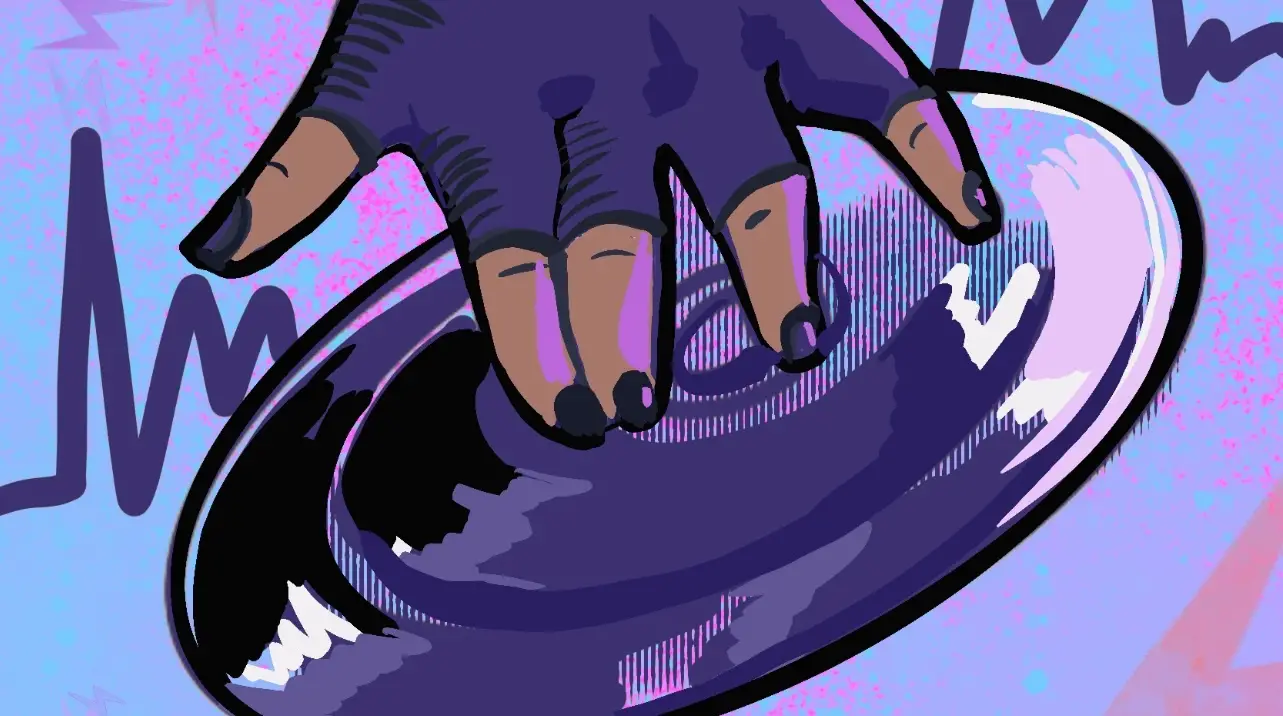“If Pac-Man had affected us as kids, we’d all be running around in dark rooms, munching pills and listening to repetitive electronic music.” This was a joke that circulated around the internet during the early 2010s. This quote sums up the average person’s view of techno music and culture quite well, but techno is so much more than that; its sounds speak the history of a group of people fighting against oppression and poverty.
Originating in the African American electronic dance music scenes of Detroit, techno music resulted from the melding of two different music cultures. In Europe and Asia, synthpop artists such as Kraftwerk of Germany, Giorgio Moroder of Italy, and Yellow Magic Orchestra of Japan gained popularity in the 1970s and 1980s. Kraftwerk was a particular influence on the genre, with music critic Kodwo Eshun writing that “Kraftwerk are to techno what Muddy Waters is to the Rolling Stones: the authentic, the origin, the real.” The band’s innovative use of synthesizers, drum machines and other electronic instruments was important to techno DJs, as was their use of minimalist and repetitive structures, their futuristic and robotic image and their exploration of themes related to technology and modern life. Meanwhile, in the States, African American musicians were cooking up house music in Chicago and electro music in New York City. After Disco Demolition Night, where white heterosexual male rock fans destroyed disco records at the Chicago White Sox’s stadium, dance music went from mainstream to only being found in underground clubs. These clubs attracted Black, Latino and queer people from all over the Windy City, and DJs at these clubs combined disco with drum machines and techniques inspired by Kraftwerk, Moroder and YMO.
Once Detroit producers, starting with The Belleville Three (Juan Atkins, Derrick May, and Kevin Saunderson), began to meld the two cultures together in the late 1980s, techno took form. Belleville is a predominantly-white suburb of Detroit, and in the 70s and 80s, Atkins, May and Saunderson were some of the only Black students at their high school, leading them to quickly befriend one another. In addition to Kraftwerk and YMO, they also listened to Prince and Parliament, two of the most funk popular acts in the 80s. Traveling to Chicago exposed them to the sounds of house music, particularly the DJs Ron Hardy and Frankie Knuckles. Using their many influences, producers used machines such as the Ronald TR-808 and TR-909 to fuse house with elements of funk, soul and jazz to create a unique sound in the process.
In terms of aesthetics, techno music DJs were inspired by the futuristic themes from science fiction and cyberpunk that they found relatable. Cyberpunk stories feature a dystopian future where corporations have taken over and individuals are struggling to survive in a highly technological and dehumanizing environment; seminal cyberpunk author Bruce Sterling coined the phrase “high tech & low life” to describe it. Detroit, Michigan was the poster city of the Rust Belt’s industrialized cities; its population loss, poverty, high crime rates and urban decay were the low life to techno’s high tech. Detroit techno shares cyberpunk’s fascination with technology and its potential to shape the future, as well as a critique of the dominant social order. They also share an aesthetic that emphasizes the use of electronic instruments and a futuristic, industrial sound. However, while Detroit techno celebrates the possibilities of technology and its potential to bring people together, cyberpunk is more critical of its effects, often portraying a bleak dystopian future.
Once the sounds of Detroit made their way across the pond, a new age of techno began in Berlin. In the late 80s, the city, still split between the Soviet-controlled East and the French, British and American-controlled West, was at the brink of change, and the young people felt it. East German youths and punks rioted against the Stasi, and people on both sides of the Wall began fighting to tear it down. Amid this climate, clubs began to open and play electronic music, including records from Detroit and Chicago, as well as tapes from the Frankfurt scene. In Frankfurt, young DJs inspired by DJ Talla 2XLC, who used the word “techno” to describe the dance music sold at his City Music record store, began experimenting on cassette tapes with electronic music coming from City Music, mixing the latest catalog with additional electronic sounds and pitched BPM. German techno quickly gained a reputation for its innovative use of technology and its high-energy, minimalist sound. One key figure in early German techno was DJ and producer Sven Väth, who was a resident DJ at Frankfurt’s legendary Dorian Gray nightclub. Other notable artists from this era include Paul van Dyk, WestBam and Carl Craig. By the mid-1990s, German techno had become a global phenomenon, with acts such as Scooter and ATB achieving international success with their infectious dancefloor anthems. Today, German techno continues to be a major force in the global electronic music scene with a new generation of producers and DJs carrying on the legacy of its pioneers.
Because techno is associated with Germany and other Western European countries, many forget its roots in Black American culture. Although its creators were middle-class, they sought to create music that could speak to electronic music lovers of all classes, races and backgrounds. The success of techno lifted the city of Detroit and brought it worldwide fame, the likes of which it has not seen since the days of Motown. The Belleville Three’s innovative use of synthesizers and drum machines helped create a new genre of electronic dance music that spread across the world. Techno has had a profound impact on contemporary music, influencing not only electronic genres, but also pop, rock and hip-hop. Today, it continues to be a vibrant, evolving genre with a loyal following and a thriving global community of DJs and producers.
















